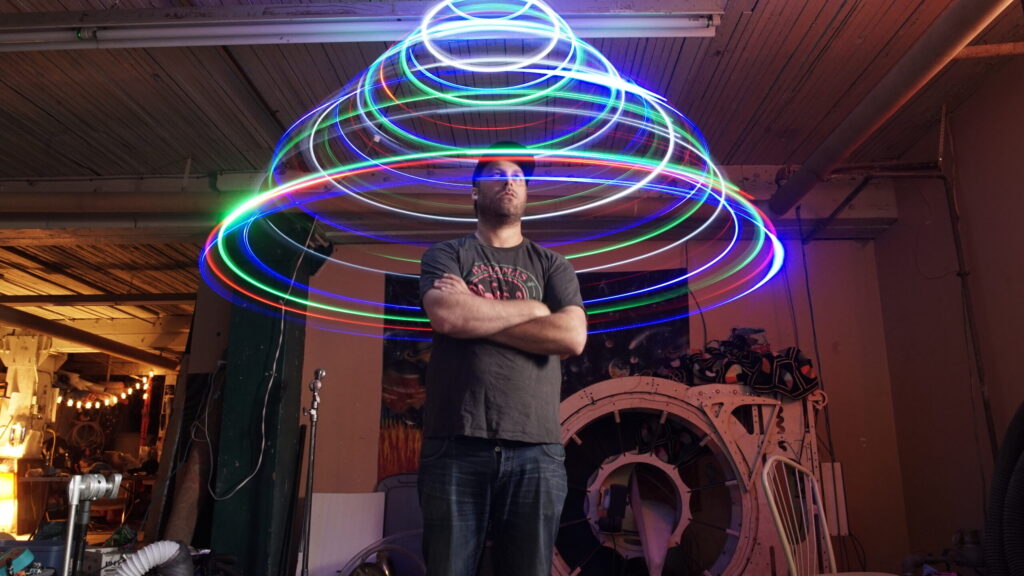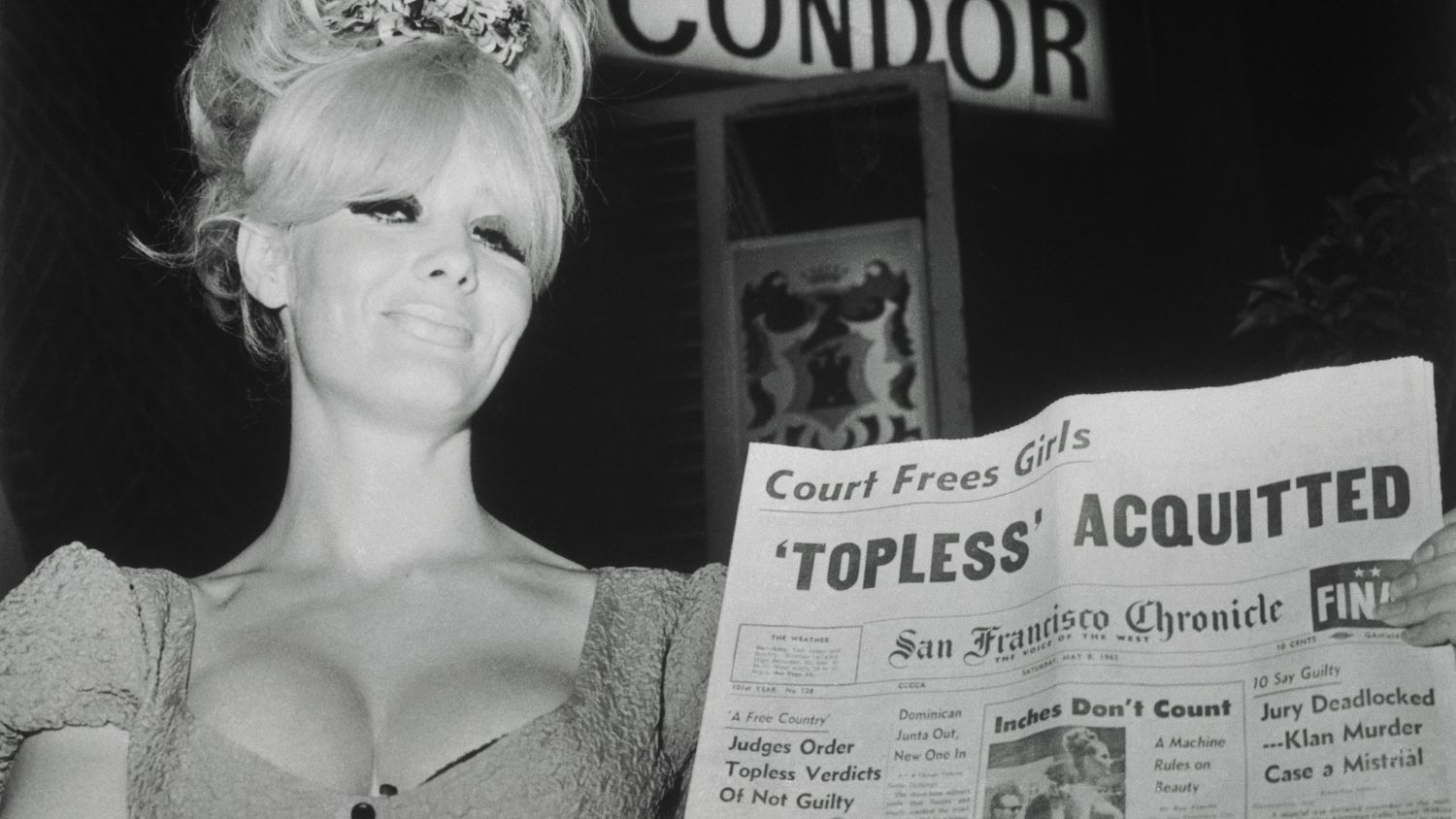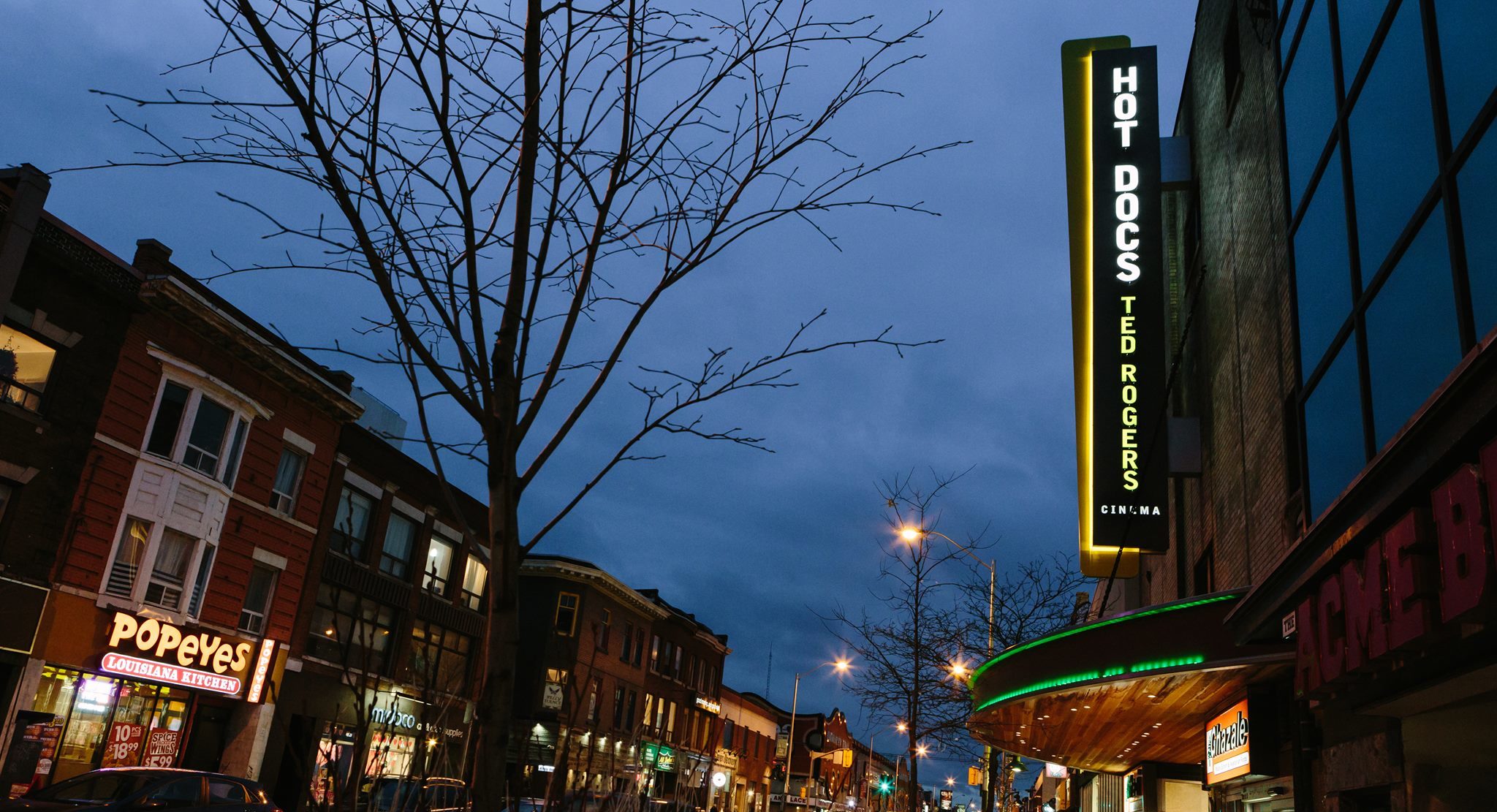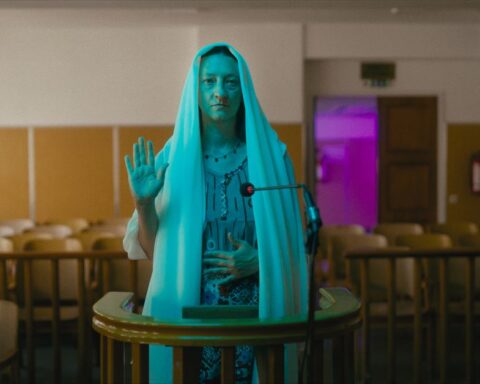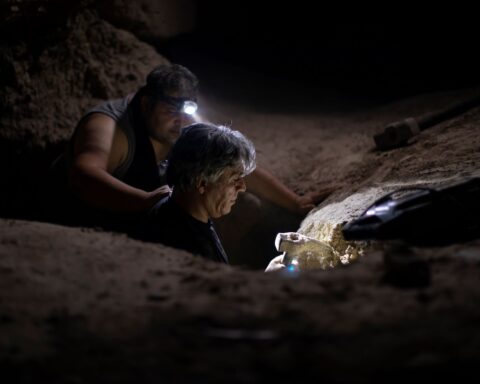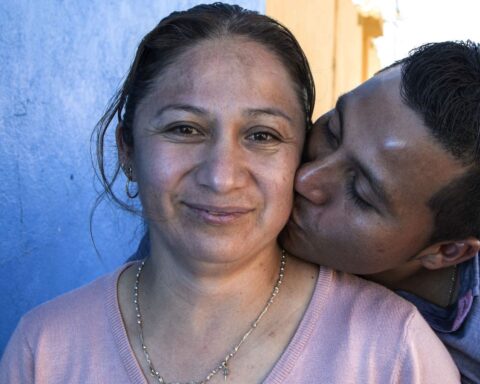In this fertile province known for growing crops, Manitobans have also found a way to cultivate art, far from the metropolitan centres of the country. Art critic and curator Lucy Lippard reminds us that “regionalism is not a limitation but an advantage.” We enjoy making documentaries in Manitoba, and our local DOC chapter contributes to the thriving community.
Precipitating Factors
With so much art emerging from Winnipeg, from the ballet of Evelyn Hart, to the rock and roll of the Guess Who, to the films of Guy Maddin, it’s not surprising that the city also produces original documentaries. The growth of the documentary community here has its roots in the founding of the Winnipeg Film Group (WFG) in the 1970s, which started the careers of a number of filmmakers, with Havakeen Lunch (1979) by Elise Swerhone and The Strongest Man in the World (1980) by Halya Kuchmij being two examples of early WFG docs.

The NFB played a significant role in building the careers of Manitoba filmmakers in the 1980s and 1990s. Bob Lower, Norma Bailey, Jeff McKay, Charles Konowal—these and many other directors and writers took advantage of the NFB office’s ability to greenlight productions. Unfortunately, the NFB’s local presence declined dramatically as the Winnipeg office’s budget was cut. The drying up of this well was a reason why many filmmakers established their own production companies, took advantage of Manitoba’s competitive film tax credits, and found broadcast licenses for their own documentaries.

Looking back, filmmakers from Manitoba had long ago adapted to Toronto’s gravitational pull, resigned to paying for a $500 cup of coffee—the cost of a flight to Toronto—to pitch a project. It became assumed that you would need to attend the Hot Docs Forum on a regular basis. Producer Merit Jensen Carr explains, “DOC needed the regions for a national focus, but it barely existed on the prairies. We felt it was very Ontario-centric.” Carr was an advocate for independent regional production, initially with the Manitoba Motion Picture Industry Association, which later became On Screen Manitoba (OSM).

The impetus for the DOC Manitoba chapter came in 2012. Charles Konowal recalls, “The idea for starting a DOC chapter was born over turkey club sandwiches at the Wagon Wheel. Don Young and myself, both remote DOC members, decided to see if we could get a chapter going in Winnipeg. Before long, we had enough people to form one.” The local filmmakers began regular gatherings—at the Yellow Dog Pub for a pint, or on other occasions at Bob Lower and Elise Swerhone’s house to share a glass of wine. It was clear that to survive we needed to stick together.
Carr recalls, “We had a very committed group. It really felt like a community. We invited the head of Documentary Channel to a meeting. The focus was on creating access; at that time there was less emphasis on professional development, and more on professional opportunity.” There were more opportunities available beyond just the NFB. Broadcasters such as SCN, Knowledge, TVO, CBC, and CTV allowed for a vibrant community to do a lot of work.
Incubating Idea
One of the things that Winnipeg does really well is foster collaboration among arts organizations and use local resources. DOC Manitoba consistently partners with other groups for screenings, masterclasses, and film contests to incubate new work—Film Training Manitoba (FTM), WFG, and OSM are by now old friends. DOC Manitoba’s training initiatives have been notable.
The WFG runs the annual Gimme Some Truth Documentary Festival. DOC was on the first programming committee for the festival and has sponsored events each year. A fixture of the festival is the Gimme 10 in 30 event, an incubator filmmaking contest where participants have a month to make a 10-minute doc that is screened at the Dave Barber Cinematheque with DOC contributing the $500 cash prize for the audience choice award. The Winnipeg film community loves these short film contests; we also have the 48 Hour Film Contest and the WNDX One Take Super 8, collaborative film competitions that sell out quickly and which embrace a spirit of community and playfulness.
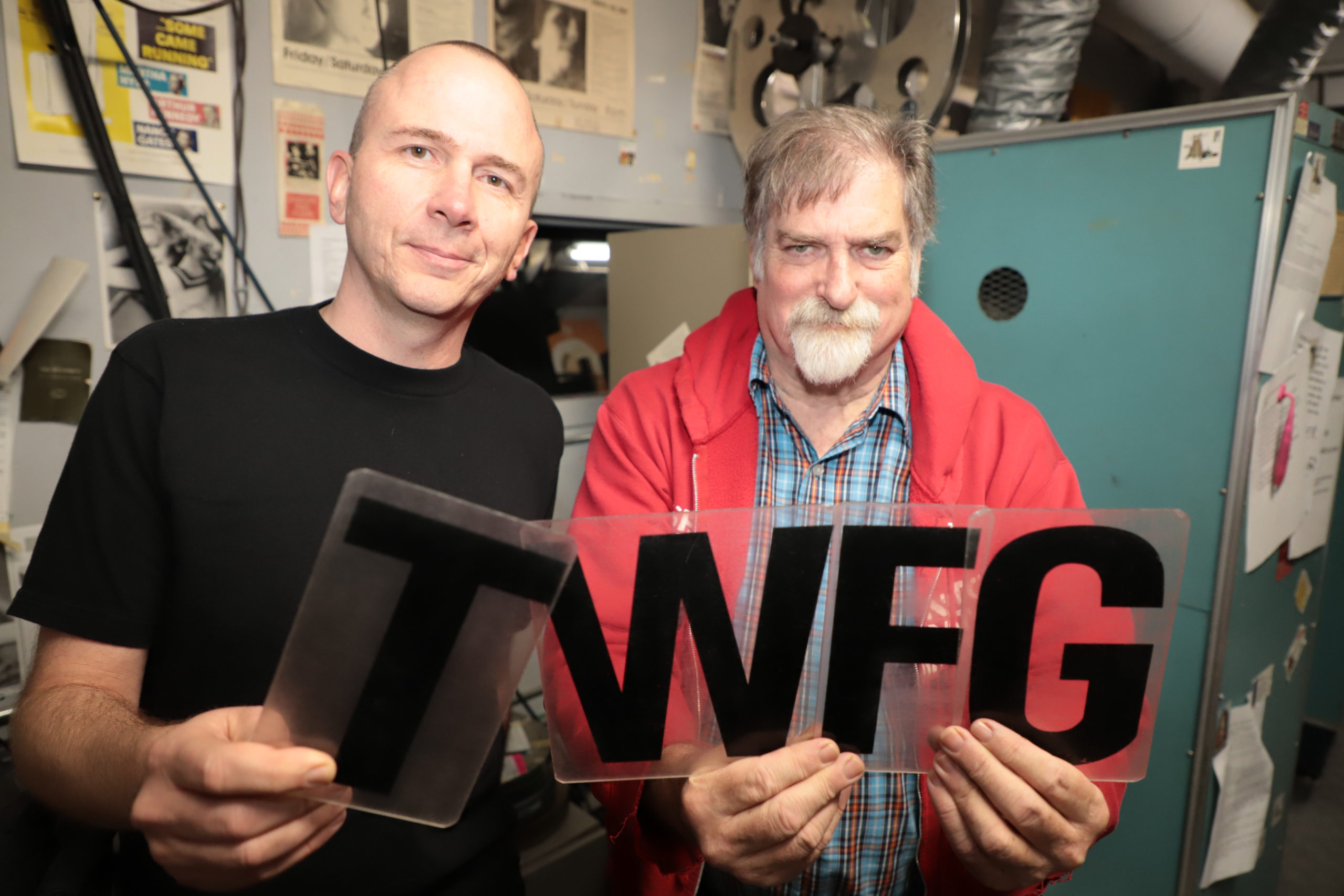
Some have suggested these short films exhibit a distinct Winnipeg aesthetic of “fun formalism,” a term originally coined by John Kneller to describe Mike Maryniuk’s films. Winnipegger Maryniuk is a prime example of a filmmaker who benefitted from the funds available through MTS (Manitoba Telecom Services, now Bell MTS) TV during their heyday—governed by local gatekeepers that were willing to let filmmakers experiment, as long as they were still making documentaries about Manitoba stories.
Another important annual event in Manitoba is the Gimli International Film Festival on the shores of Lake Winnipeg, at which DOC Manitoba has a regular presence. DOC presents the winner of the Barry Lank Award at Gimli, with the winning documentarian receiving a $1,500 cash prize, the screening of their film, and the opportunity for an audience Q&A. The 2023 prize winner was Cecilia Araneda with her film Unarchive.
Building Prospects
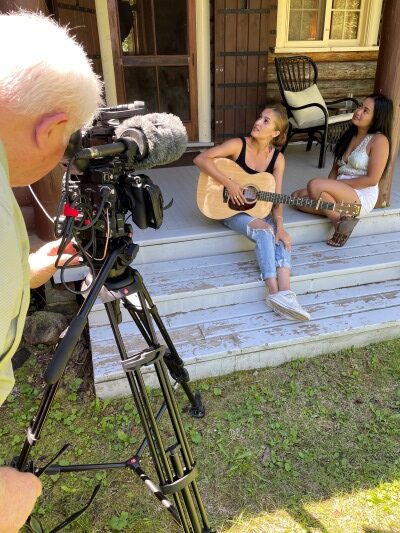
Among the bigger issues facing documentary filmmaking in most parts of the country is the decline of funding opportunities and available broadcast slots. Locally, we’ve seen a reduction of available funding from the NFB—previously a principal source of funds for local filmmakers—and the of the golden age of local documentaries funded through MTS TV following its acquisition by Bell. With nothing to fill the void, it has created a real challenge for both emerging and mid-career filmmakers. DOC Manitoba’s advocacy is addressing the problem—from raising hell at a NFB town-hall session, to setting up a meet-and-greet with the incoming film commissioner at Manitoba Film and Music.
A recent initiative that we are really excited about is the Deep Dive program, a partnership between DOC Manitoba and FTM. The pilot program connects five filmmakers with mentors to build capacity in areas such as producing, directing, and writing. FTM has a commitment to partnering with DOC for regular masterclasses throughout the year at events like GST and Gimli.
The recent DOC National membership promotion has brought increased BIPOC presence in our community, and DOC Manitoba has been intentional about bringing diversity to our executive board. We’re excited that local artist-run centres and film industry organizations have made targeted efforts to provide training and funding for greater gender and racial diversity in our community. Since July, when I met him at a DOC get-together, I have been talking with Syrian filmmaker, Syrian Film Institute director, and Oscar nominee Kareem Abeed (Last Men in Aleppo), who recently moved to Winnipeg, about ways to collaborate on a documentary—an example of how DOC Manitoba facilitates relationships among doc makers.
In September 2023, DOC Manitoba put the call out for members to meet at the King’s Head Pub for drinks—something that we did in the very beginning of our chapter’s history. We’re all very busy with projects, but the secret sauce of a documentary community is coming together and having a conversation.




